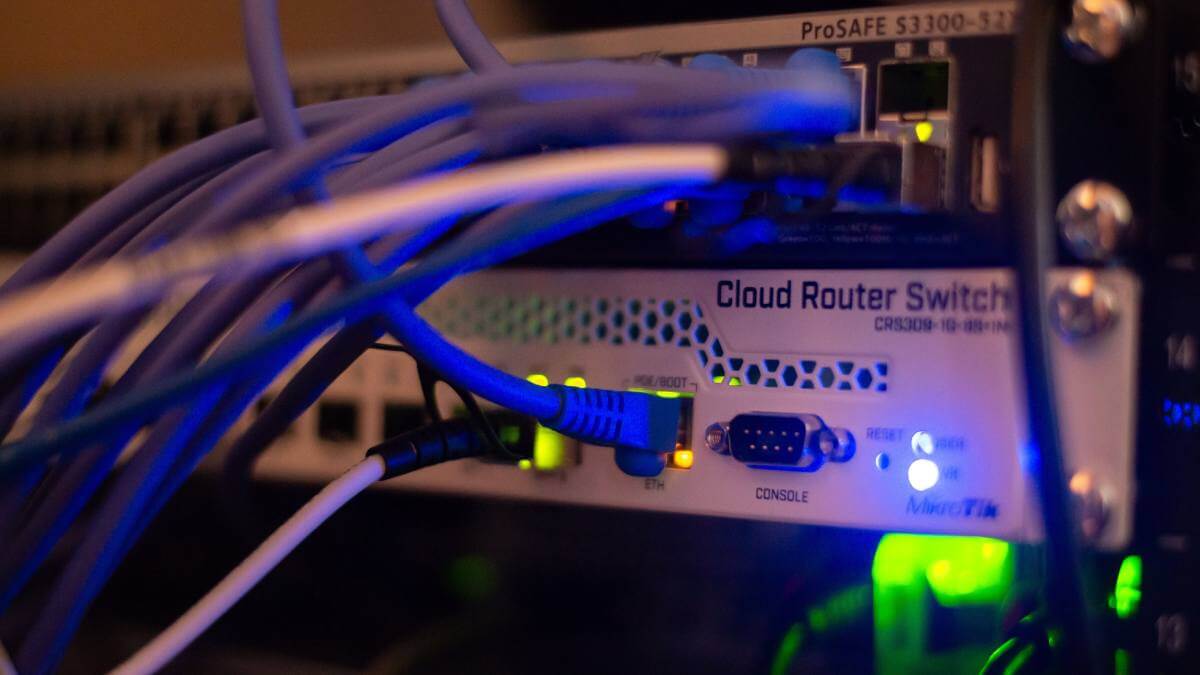Harnessing the Power of BGP Routing in WISPs and ISPs: Advantages and Use Cases
- by ISPadmin
- 2023 / 11 / 29
- Engineering
Introduction


In the dynamic world of wireless and wired communications, the efficient routing of data is a critical aspect that directly impacts the performance and reliability of networks. Border Gateway Protocol (BGP) routing, a standardized exterior gateway protocol, has emerged as a cornerstone in the arsenal of Wireless Internet Service Providers (WISPs) and Internet Service Providers (ISPs). This blog post explores the advantages and diverse use cases of BGP routing in these environments.
Advantages of BGP Routing:
- Path Selection and Load Balancing: BGP allows network administrators to implement sophisticated path selection policies, enabling them to choose the optimal route based on metrics such as bandwidth, delay, and AS (Autonomous System) path. This capability facilitates load balancing across multiple links, enhancing network efficiency and resource utilization.
- High Availability: BGP’s ability to detect and react to network changes in real-time contributes to increased network availability. In case of link failures or congested paths, BGP can quickly reroute traffic through alternative paths, minimizing downtime and ensuring a seamless user experience.
- Scalability: As networks grow in size and complexity, scalability becomes a crucial factor. BGP is well-suited for large-scale deployments, allowing ISPs and WISPs to manage extensive networks without compromising on performance. The protocol’s hierarchical structure and support for route aggregation contribute to efficient scaling.
- Policy-Based Routing: BGP’s flexible policy framework empowers administrators to implement routing policies tailored to their specific needs. This includes traffic engineering, where BGP can be used to influence the flow of data to optimize network performance and resource utilization.
Use Cases of BGP Routing in WISPs and ISPs:
- Load Balancing Across Multiple Links: Imagine a scenario where a WISP serves a densely populated area with multiple high-speed links. BGP can be employed to distribute traffic across these links, preventing congestion and ensuring that bandwidth is utilized efficiently. This is particularly valuable in environments where network demand fluctuates throughout the day.
- Redundancy and Failover: For ISPs, maintaining network availability is paramount. BGP provides an elegant solution for achieving redundancy and failover. In the event of a link failure, BGP can quickly redirect traffic along an alternate path, minimizing disruptions and enhancing the overall reliability of the network.
- Interconnecting Autonomous Systems: WISPs and ISPs often need to interconnect with other networks. BGP is designed for inter-domain routing, allowing seamless communication between different Autonomous Systems. This is especially valuable in the context of ISPs that need to exchange routes with upstream providers or peer with other networks.
- Traffic Engineering for Quality of Service (QoS): In scenarios where network administrators need to prioritize certain types of traffic, such as voice or video, BGP can be used for traffic engineering. By influencing the path selection, administrators can ensure that critical applications receive the necessary bandwidth and low latency, enhancing the overall quality of service.
Conclusion
The adoption of BGP routing in WISPs and ISPs brings forth a myriad of advantages, from efficient load balancing to enhanced network availability. The protocol’s versatility and scalability make it a valuable tool for managing the complexities of modern telecommunications networks. As the demand for high-performance and reliable connectivity continues to rise, BGP stands as a key enabler for ISPs and WISPs seeking to deliver seamless and robust services to their users.
Contact us here to learn more about how ISP Revolution can help you deploy with confidence – the first time
RECENT BLOG
MORE INFO
ISP Resolution © 2023 All Rights Reserved
